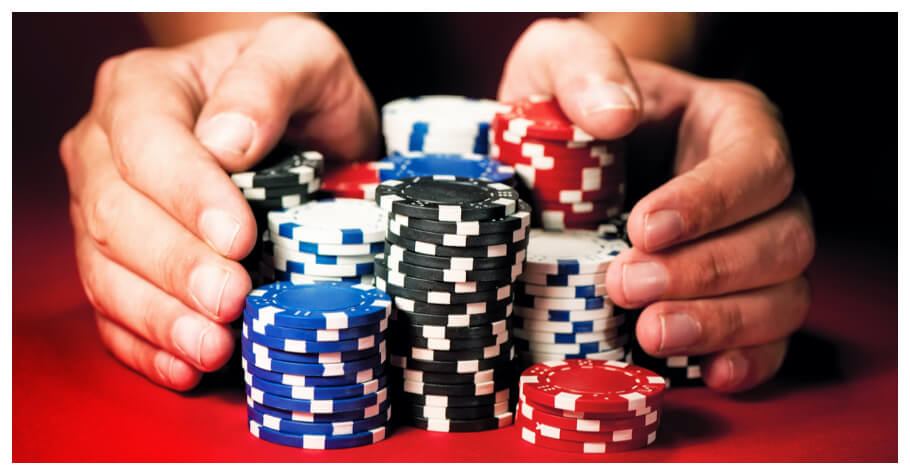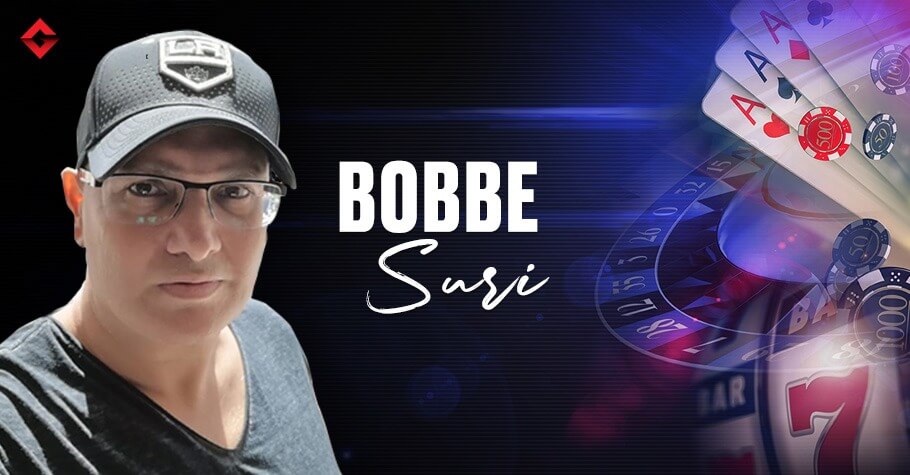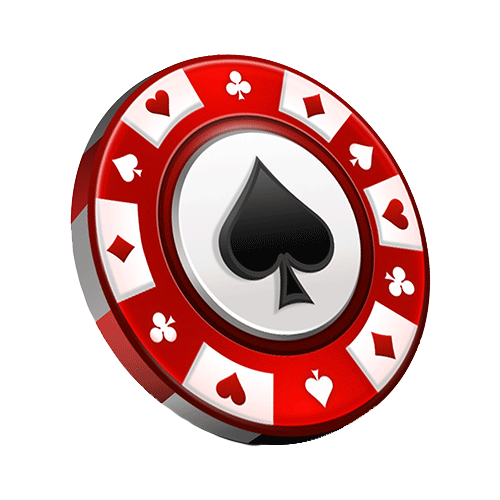 Poker
Poker
Calculating Outs In Poker: An Overview For Beginners
Outs in poker is very important to calculate to making betting decisions. With only 52 cards in the deck you can easily calculate which cards you need to make your hand – all the cards that are unseen but when drawn will improve your hand are your outs. Before you go ahead, read our related article on tips to know before going pro in poker.
Counting Your Outs
The cards that will give you the winning hand are your outs.
For example, you are holding A♣️ and K♣️.
In this example, you know your opponent’s cards as well which are J♦️ and 9♦️. The flop is 10♠️, J♣️ and 3♣️.
You have two overcards (cards with a higher rank) in comparison to his jack. That means that 3 aces and 3 kings are your outs that would give you a higher pair. Apart from this, you have 4 queen outs which would give you the nut straight and 9 club outs which would give you the nut flush.
When calculating your total outs remember not to double count. The Q♣️ should be counted once and not repeated as part of your outs for getting clubs or getting queens. Now, you have a total of 18 outs.
An 18-out-draw is very good and you should continue to play despite your opponent having top pair on the flop.
Giving Your Opponent a Hand Range
This example was simplified. In reality, you will not know your opponent’s cards. For this reason you will need to put him on a hand range. This is when you approximate the likely hands he has and can make.
Putting other players on a hand range is difficult and always an approximate. Thus, your calculation of outs will not be exact as well. How precise the hand range you put is directly corelated to how precise the calculation of your outs will be.
Linking to the above example, suppose your opponent had pocket jacks and you did not put him on this hand. This would mean that the three aces or kings outs would no longer work for you. This is because he would have hit a set on the flop and so a pair would not beat him. Even though you calculated 18 outs, your actual total winning outs is 12.
Half Outs
Sometimes the outs you have calculated are only half outs. By this we mean that cards that can help you can help the other player as well and make them have a better hand.
Suppose you are holding 8♣️ and 9♣️.
The flop is 10♦️, J♦️ and 4♠️.
In this you would have a total of eight outs as getting seven or queen of any suit would give you a straight.
However, if your opponent is holding 2♦️, getting either a 7♦️ or Q♦️ would give them a flush.
This means, there is a possibility that even though you may hit your straight, your opponent may get their flush as well. Thus, 7♦️ and Q♦️ are not full outs for you and should only be counted as half outs each. This would bring your total winning outs to seven.
By counting these cards as half outs, you are considering the times when you will make your straight but still lose to the other player.
Hidden Outs
There may be occasions where you have hidden outs. This is when cards on the board may not immediately help you with your hand but can hurt the other players hand. This is a situation which will not give you the best winning hand.
For example, your cards are K❤️ and K♠️.
The board is 3♠️, 6♣️, 9♦️ and A❤️.
Your opponent has 3♦️ and 6❤️.
Your opponent is currently ahead of you with a two pair. If a king shows up on the river you win with a set. However, you can also win if a nine or ace appears. This makes a pair on the board and gives you a higher two pair than your opponent making you win the hand.
Though neither card helps you make a hand with the cards you are holding, it still improves your hand. This is what is known as a hidden out.
Conclusion
As you calculate your outs, you will have a clearer idea on the odds of improving your hand. By doing this math you can bet accordingly with putting more money in the pot when the odds are advantageously in your favor and less when they are not. For more news and updates, keep reading GutshotMagazine.com. Follow us on our social handles Facebook, Instagram, and Telegram.

A passionate writer and Economics student, Ananya Agarwalla aspires to build a platform to share information and her opinion on the stuff she loves. The 19-year-old has been surrounded by poker since she was 7 and has built a good understanding of the game since a young age. In her spare time, she loves spending time out-doors. An advanced scuba diver, she has dived in the Red Sea, Indian Ocean, and Pacific Ocean. As an individual who has shifted between 5 schools, 3 cities and 2 countries, she enjoys interacting with people from different backgrounds and loves making new friends.
More News
Top 15 Poker Rooms
-
PokerDangal
Deposit with code GSTDISCOUNT
Offer: Get 100% GST discount on deposits Register -
Natural8 India
Sign-up with Gutshot
Offer: Get extra 28% on all deposits Register -
Spartan Poker
Sign-up with referral code AFFGSMAG
Offer: FTD 50% Bonus Money up to ₹20K. Deposit code ‘ALLIN50’ Register -
Junglee Poker
Sign-up and get bonus
Offer: Up to ₹50,000* Register -
Calling Station
Sign-up with promo code 'AFFCSGUT'
Offer: 30% FTD bonus with code FTD30 Register -
WinZo Poker
Daily Winnings Up To ₹40 Crore!
Offer: Get ₹550 Joining Bonus For Free Register -
CristalPoker
First Deposit Bonus
Offer: 100% up to €2,000 Register -
WPT Global
WPT World Championship - Qualify with $5
Offer: 100% Welcome Bonus up to $1,200 Register
Newsletter
Thank you for subscribing to our newsletter.
This will close in 20 seconds























